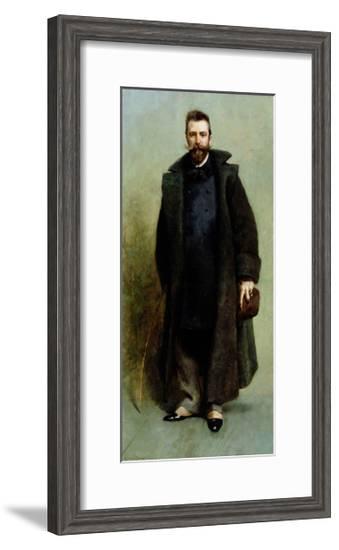For those interested in genealogy, tracing a family tree, or just fascinated by history, the wills of famous individuals from this period can be found online at (brand name removed). It is a fascinating portal to explore and discover stories about some of the most influential people throughout British history.

Some of the famous people who have left behind wills in this period include William Shakespeare, Charles Dickens, Jane Austen, Sir Isaac Newton, and many more. The wills of these noted figures provide us with valuable information about their lives, their personal possessions, and the people who were close to them.
For example, Shakespeare's will, written in 1616, was one of the most detailed documents from this period. It provides insight into his family and property holdings, with bequests to his wife, his daughters, and his sister, among others. The document also shows that he owned several properties in London, including the Globe Theatre.
In Sir Isaac Newton's will, however, we can see a very different figure. The document, dated 1727, shows him to be a complex, somewhat cantankerous man. He left small bequests to his family, but his primary concern was the disposal of his life's work, mathematical and scientific manuscripts that were to be conserved at Cambridge University.
Jane Austen, one of Britain's most renowned novelists, left behind a will that gave us insight into her tragic and brief life. The will, written in 1817, shows that despite her literary success, she left behind very little in terms of material wealth. She bequeathed modest sums to her sister and mother, as well as some items of sentimental value, such as her jewelry and a writing desk.
In contrast, Charles Dickens, a towering figure in the world of literature, left behind a will that showed a love of luxury and quality. Dickens died in 1870, well after our chosen period, but his will, written in 1869, reveals a fascination with his personal lifestyle and possessions. He bequeathed specific items, including his library, his wine, and his watch, to specific people.
The wills of famous individuals from Britain, between the years 1552-1849 (and beyond), provide an insight into personal and professional life. These documents offer perspective and help us to understand the individuals behind the public personas, their loves and their losses, their successes and their failures. Through the wills of these famous people, we gain a sense of their history and contribution to the world.
Conclusion:
The wills of famous individuals from Britain, between the years 1552-1849, provide more than a window into the personal lives and possessions of these icons. They offer insight and perspective on the historical significance of these individuals and contribute to the study of genealogy and family history. As scholars, historians, genealogists, and enthusiasts, we should remember the importance of these documents and explore their contents to better understand the minds of the icons.